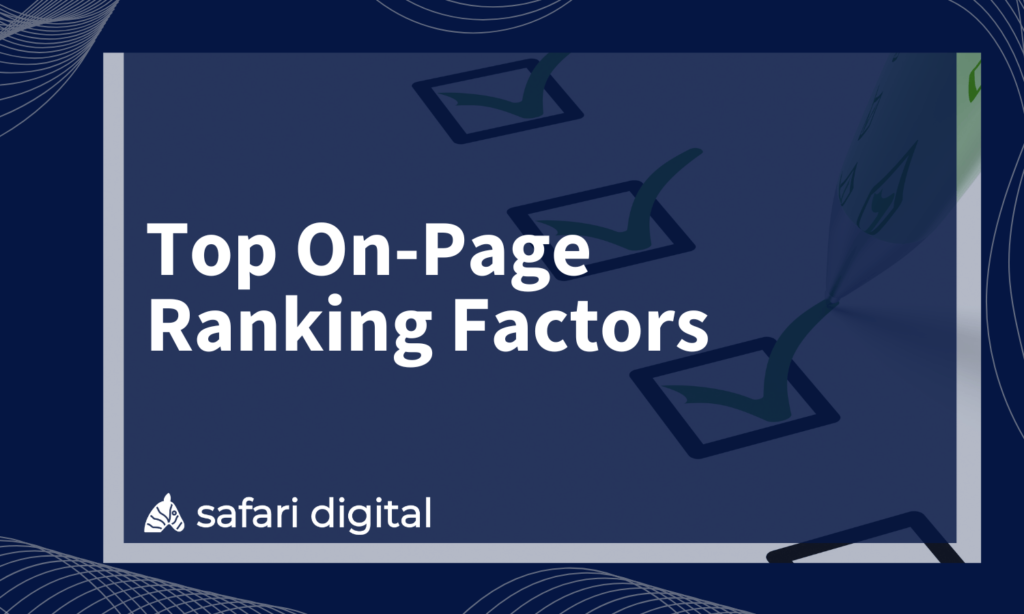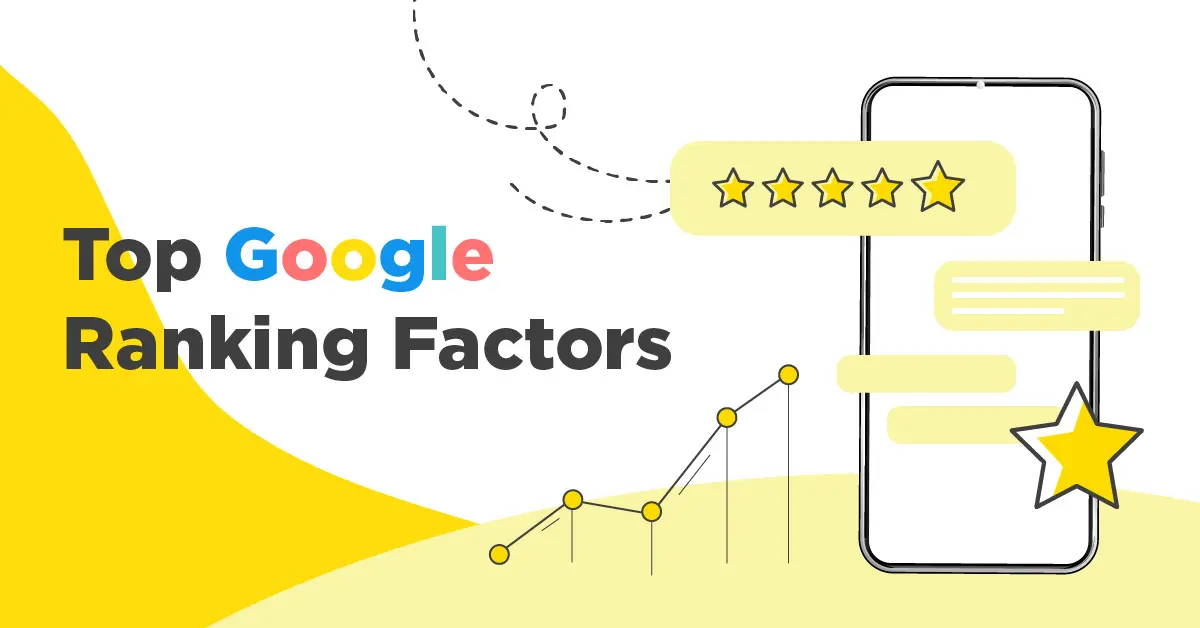Google stands as the unrivaled titan in the realm of search engines, commanding approximately 84% of the search market share in North America. When we delve into the realm of improving our online visibility through SEO (Search Engine Optimization), it’s primarily Google’s ranking criteria that we focus on, rather than those of Bing, Yahoo, or other alternatives.
Understanding how to elevate your content to the zenith of Google’s Search Engine Results Pages (SERPs) is paramount when your aim is to ensure that your target audience discovers your offerings when they search for relevant keywords.
Yet, navigating this landscape is no simple task, especially when one considers that Google considers over 200 factors when determining who claims the coveted top spots.
Nevertheless, amidst this complexity, certain ranking factors hold particular sway. These are the factors that have weathered Google’s numerous broad core algorithm updates over the past decade, with some gaining even greater significance in recent times.
Explore further to unveil the paramount Google ranking factors that warrant prioritization in 2023.
Top Page-Level Ranking Factors

1. Content Quality
One of the foremost Google ranking factors to prioritize is content quality.
In essence, content quality encompasses how fresh, unique, and helpful a webpage is in relation to a query. The greater the potential value a target searcher might derive from your content, the higher Google will rank it on its SERPs.
Google evaluates quality by scrutinizing uniqueness and originality, serving as a defense against plagiarized content. Thus, caution should be exercised when using AI content writing tools. Additionally, Google values up-to-date, fresh content to ensure searchers receive relevant, current information.
Prioritizing content quality involves crafting excellent content or engaging knowledgeable copywriters to do so on your behalf, alongside regularly updating older content. Regardless of how well-optimized your page is, if the content fails to assist searchers, its efficacy diminishes.
2. Content Relevance
Content relevance to a query plays a pivotal role in Google’s ranking algorithms, akin to content quality.
Ensuring your content aligns with the searcher’s intent involves examining other high-ranking pages for the same keywords or topics. For instance, if creating a page about cybersecurity lessons learned in 2022, observing that top articles are listicles breaking down basic lessons or tips informs your content strategy.
Competing effectively entails crafting content that surpasses existing pages by providing superior information and a fresh perspective in a similar format (e.g., a listicle). This ensures relevance to searcher intent, thus securing a higher ranking.
3. User Experience
Google assesses on-page user experience through various subsidiary factors:
- Click-Through Rate (CTR): Measures how often users click on your website’s primary link in Google search results.
- Dwell Time: Indicates how long a visitor stays on your site after arriving from Google.
- Pogo-Sticking: Tracks how many users click to your site but immediately hit the back button due to poor loading or failure to satisfy their query.
Enhancing on-page experience through quality content, solid structure, and engaging design elevates your website’s overall ranking on Google.
4. Keyword Optimization

Traditional SEO practices involving keyword research and usage remain effective in boosting content ranking on Google. Strategies include:
- Crafting compelling meta-descriptions.
- Incorporating latent semantic indexing (LSI) keywords to aid Google in understanding your content’s context.
- Utilizing appropriate anchor text for internal and backlinks.
- Integrating target keywords into headers and URLs.
- Avoiding keyword stuffing, which compromises natural writing by excessively repeating primary search terms.
Implementing these practices optimizes content for higher visibility on Google’s SERPs.
Wrapping Up
When crafting a new webpage or enhancing existing web content for your target audience, prioritizing these 10 Google ranking factors is paramount. By centering your efforts around these key elements during the planning, creation, and publication stages, your pages stand a greater chance of securing top positions on SERPs.
By emphasizing content quality, relevance, and user experience, alongside optimizing technical aspects like mobile usability, website structure, page load speed, security, and backlink quality, you’re laying a robust foundation for online visibility and success.
Keep these factors in mind as you refine your digital presence, and watch as your pages ascend to prominence in Google’s search results, capturing the attention of your intended audience.
Top of Form

Leave a Reply